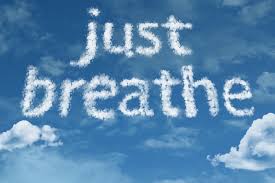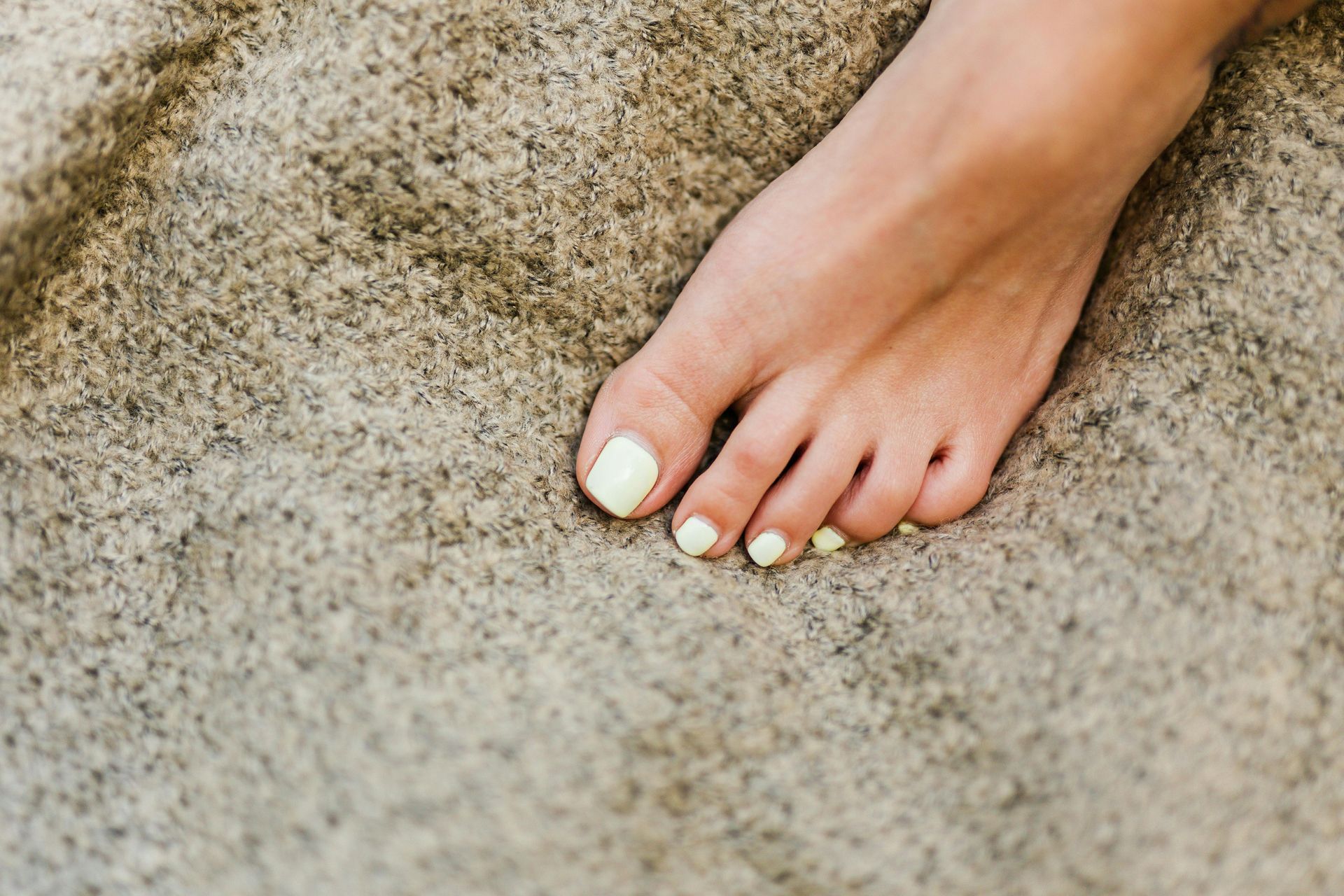In my previous post, I shared with you some of the physiological responses to chronic stress. That’s the type of stress that we live with for a prolonged period of time. The causes of stress, as we all know, are many and getting to the root causes of the issues causing the stress can be stressful in themselves.
So, we need to find ways to manage the stress and to choose how we are going to respond to it.
That’s right, mind blown! we get to decide how we are going to respond to a stressful event. We get to decide how we will feel and think about it. We can choose to tell ourselves all the bad stuff or we can choose to put a different lens on it, to examine the event with a little more curiosity and decide on how we’re going to react.
Now, I’m not for a moment suggesting that it’s all simple and that we can just “think” stress away. If we’re also suffering from poor quality sleep, then the fact that we’re reacting from the amygdala makes it even more difficult. But, the act of stopping for a moment to notice what we’re feeling and thinking and examining whether this is a reasonable response, can help us to feel more in control of the situation.
Another great way to manage stress is to write it down. As I'm more of an "internal processor" of my emotions, I often find that a brain dump of all the stuff that’s swirling round my brain really helps me to explore ideas as well as my feelings and thoughts. If journaling is your thing, go for it. I like a large blank piece of paper and a nice sharp pencil, myself!
One of the things that I notice is when I am stressed and feeling overwhelmed is that I go into a sort of “buffering mode” (you know, when the little circle is spinning on your computer), where I have so much to do, that I don’t know what to do first. I often find that talking to someone else helps me to prioritise it better. Even if logically, I could have done that on my own.
And, once I talk it through, I can find that some of my stresses are being caused by me agreeing to do things for other people that actually I should say “no” to. Prioritising our own well-being means that we are better able to get shizzle done.
I always notice that the times when I am feeling most stressed are those when all I have done is to go from home to car to office to studio. Research has found that spending time outdoors, somewhere green if possible, leads to better mood control as well as better concentration. And, getting some sunlight will also increase your body’s vitamin D creation.
On the topic of vitamins, there’s some interesting research going on at the moment around vitamin deficiencies and stress. It seems that deficiencies in vitamins D, B6 and B12, Niacin, Folate and Omega 3 fatty acids could lead to a higher susceptibility to stress. Since, when under stress, we’re pre-disposed to reach for less nutritionally-sound food choices, these deficiencies can then be made worse. Aiming for a varied diet, rich in fruit and vegetables, fish and lean meat will certainly help. At the very least, find a good supplement that ensures that you meet the daily requirements for all your vitamins and minerals.
You might not expect to hear this but exercise is a stressor. Say, what now? Yes, that's right, exercising puts your body under physical stress. Buuuuut, and here's the important part, exercising regularly trains your body to recover from physical stress, making you more resilient to the effects of other stresses. Yay! And the good news about exercise and stress doesn't stop there - exercise reduces cortisol and adrenaline levels; uses up all that excess energy that was released from your muscles by the adrenaline and cortisol; and stimulates the production of endorphins, which are our "feel good" chemicals. Even a brisk walk, outdoors for the double benefit, will do the job.











